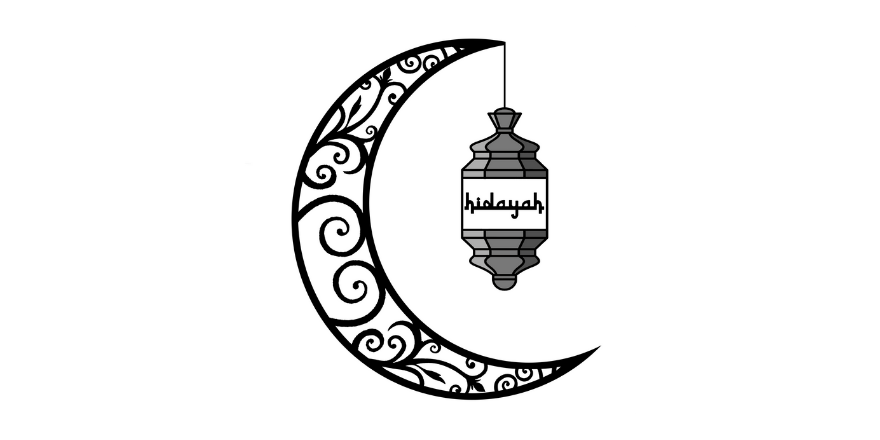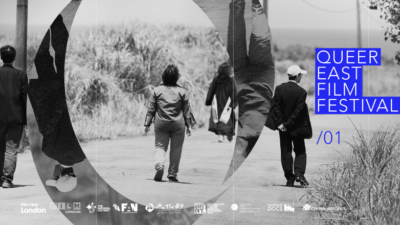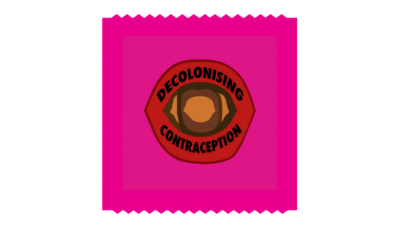Hidayah: Gender, Sexuality, and Islam

During Pride Season, we are celebrating the ways we are #ProuderTogether.
Deenah from Hidayah talks about how the organisation provides visibility, information and community support to queer Muslims.
'Beautifully led by and for LGBTQ+ Muslims, with news, stories, links to other parts of the queer community such as film festivals and spoken word events, I happily recommend Hidayah to anyone who seeks an intersectional view of sexual orientation/gender identity and faith. In the few years of my knowledge of their work and their amazing leaders, it is wonderful to see them grow in support, grow in numbers and grow in opportunity, especially since becoming a charity." Steven (teacher in Mearns Castle High School, Scotland).
I volunteer for Hidayah, an organisation dedicated to queer Muslims. Its existence and the extent to which it champions LGBTQ Muslims feels truly revolutionary, because it challenges the common misperception that Islam is inherently oppressive. This idea can be incredibly harmful to LGBTQ Muslims like myself because it insinuates being queer and being Muslim as mutually exclusive, not two parts of an identity that can coexist harmoniously. With the rampant Islamophobia and racism that Muslims can face in the West, it is easy for queer Muslims to feel alone, not heard or seen the way we want to be by the world.
Hidayah's existence and the extent to which it champions LGBTQ Muslims feels truly revolutionary.
Hidayah means “guidance” in Arabic. To start with, that means telling wider society, “Hey, we exist too!” The charity also aims to set the record straight (no pun intended) - with resources on how Islam is compatible with being LGBTQ, by empowering queer Muslims and allies in pushing the world in a more progressive, accepting direction.
Hidayah attained charity status in 2020, but it’s been providing visibility, information, and community support to queer Muslims for years. Whether through film festivals, other radio shows (including the BBC), a sold-out conference, podcasts or documentaries, Hidayah continues to amplify the voices that are so often silenced by society.
I was asked to get involved with Hidayah last year after our Chair, Shelina, read my articles on being a queer Muslim and reached out. Since then, I've spoken at several panels, including Lancashire LGBT and PrideCymru, and on Shoutout Radio. I’ve hosted the screening of a docufilm, Gayrabia.
As a closeted lesbian, I initially struggled to speak up about queer matters. We’re not able to shout the loudest and we’re often misunderstood by others in the queer community. There’s an understandable hesitancy among queer people towards religion, given that orthodox religious institutions - not just Islam - tend to exclude queer people of faith. My lack of visibility is part of the reason I initially fell through the gaps.
But this is a conundrum my colleagues at Hidayah are familiar with. It's why I can host events with my camera off and have the risk of being outed taken seriously. My invisibility has never stood in the way of providing me and other queer Muslims with the community support that we clearly need.
The idea of having a found family is gloriously queer, but it’s also a source of solace and comfort for queer Muslims.
The idea of having a found family is gloriously queer, but it’s also a source of solace and comfort for queer Muslims who have been rejected by their families. My found family gives me a unique sense of solidarity that you’d be hard-pressed to replicate elsewhere. They cheer me on in my endeavours as a journalist, much of which is centred around queer matters. They share my work and give me the validation that I can’t get from family members, none of whom I am out to.
I feel like I finally found my tribe. There is such a deep sense of belonging, to be among queers and feel like I fit in, rather than being the odd one out, the only hijabi drinking orange juice in the room, or the sole brown face in a sea of white. It’s why I want to celebrate the minorities within queer spaces - from Black trans women (including those who were part of the Stonewall riots!) to nonbinary disabled people and more broadly, queer people of colour. The majority of queer Muslims are also POC, and this means encountering multiple barriers and exclusion is infuriatingly common.
Hidayah has enabled me to realise my full potential as a vocal activist, fighting for intersectionality, acceptance and inclusion.
Joining Hidayah has helped me feel true pride in every part of my identity, while also giving me a sincere sense of purpose when I needed it most. Hidayah has enabled me to realise my full potential as a vocal activist, fighting for intersectionality, acceptance and inclusion in queer spaces - not just as a moral imperative but a spiritual one. At its heart, Islam is about supporting the marginalised and vulnerable in society, and that is exactly what I plan on continuing to do.
Follow Deenah on Twitter: @DeenahAlAqsa
Hidayah’s website. Hidayah's socials: Facebook, Twitter and Instagram



